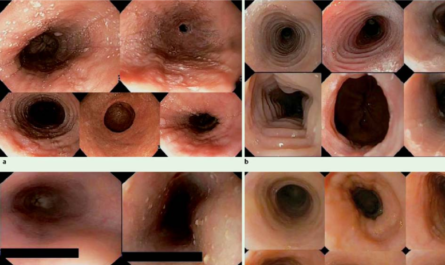
Anti-venom is a biopharmaceutical product that is used to treat venomous bites and stings from animals. It is developed by hyper-immunizing horses or sheep with small doses of venom and harvesting polyclonal antibodies from their blood. These antibodies are able to neutralize the effects of venom injected by the bite or sting. The rising incidence of snake bites across various geographies has increased the demand for anti-venom treatments significantly.
The global Anti Venom Market is estimated to be valued at US$ 9229.16 Mn in 2023 and is expected to exhibit a CAGR of 6.7% over the forecast period 2023 to 2030, as highlighted in a new report published by Coherent Market Insights.
Market key trends:
The key trend propelling the growth of the anti-venom market is the rising incidence of snake bites globally. As per WHO estimates, there are around 5 million snakebites every year resulting in 2.7 million poisonings and around 138,000 deaths. The prevalence of snake bites is particularly high in rural agricultural regions of South Asia, Southeast Asia, sub-Saharan Africa, Latin America and the Middle East. Tropical countries with warmer climates provide suitable habitat for venomous snakes which increases human encounters resulting in more snakebites. The development of effective anti-venom treatments is crucial in reducing mortality and morbidity associated with snakebite envenoming, especially in resource-poor tropical regions.
SWOT Analysis
Strength: The anti-venom market has significant unmet demand as snakebites continue affecting millions globally every year. Established production facilities and knowledgeable workforce help address this urgent need.
Weakness: Anti-venom access remains poor in remote or rural regions due to lack of suitable transportation and storage infrastructure as some products require refrigeration. Short shelf lives also pose logistic challenges.
Opportunity: Growing investment from government and non-profits aims to enhance rural healthcare availability and counter snakebite mortality in developing nations. Novel formulation technologies can generate anti-venoms with longer stability at ambient temperatures.
Threats: Significant price erosion occurs due to low-cost competition from generic and local manufacturers. Venom variation across geographic locations challenges universal anti-venom efficacy and increases need for region-specific products.
Key Takeaways
The global anti-venom market is expected to witness high growth. The global Anti Venom Market is estimated to be valued at US$ 9229.16 Mn in 2023 and is expected to exhibit a CAGR of 6.7% over the forecast period 2023 to 2030.
Regional analysis comprises Asia Pacific holding the largest share currently due to high incidence of snakebites in India, Sri Lanka, and Southeast Asia. Growing access and capacity initiatives could aid the region’s continued dominance through 2030.
Key players operating in the anti-venom market are Bharat Serums and Vaccines Limited (BSV), Boehringer Ingelheim International GmbH, Boston Scientific Corporation, CSL Limited, Haffkine Bio-Pharmaceutical Corporation Limited, Incepta Pharmaceuticals Limited, Merck & Co. Inc., Merck KGaA, MicroPharm Limited, Pfizer Inc., and Rare Disease Therapeutics Inc. These firms invest heavily in venom immunization facilities across Asia and Africa to address the urgent need. Partnerships with regional diagnostics companies and distributors also help expand availability.
*Note:
- Source: Coherent Market Insights, Public sources, Desk research
- We have leveraged AI tools to mine information and compile it

